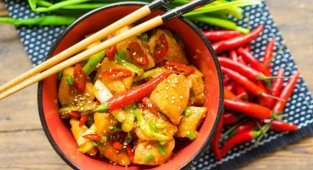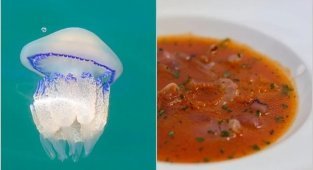Why Buddhists didn't like garlic and why Jews are afraid of raspberries (20 photos)
On the gastronomic map of the world there are not only national dishes that are the hallmark, but also dishes and products that cannot be found in countries at all or with great difficulty. 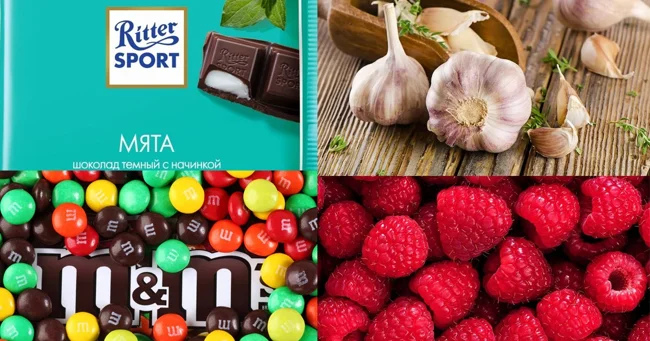
There may be various reasons for this, be it traditions, prohibitions associated with so-called religious characteristics, or contraindications established at the legislative level.
I present to you a list of the most unusual prohibitions that you might not know about. To be clear, this list will not include such obvious foods as beef in India, pork in Arab countries, or dishes containing narcotic and other illegal substances.
Nesquik is out of favor in Britain 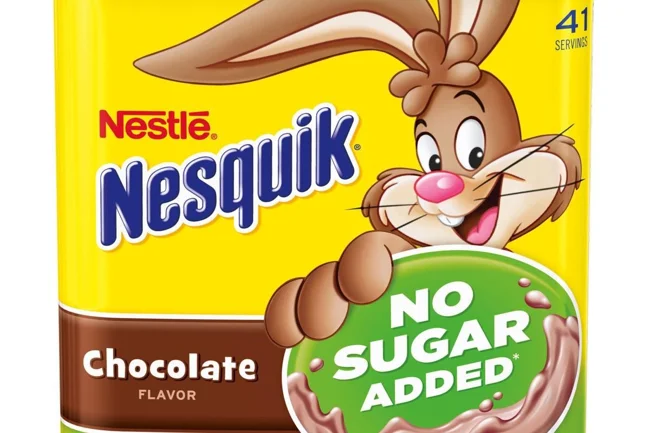
The famous Nestle product with the image of a rabbit, because of its advertising slogan, was banned from posting its videos on the Internet and on television. And you may not find Nesquik cereal on the shelves of British stores.
Ritter Sport 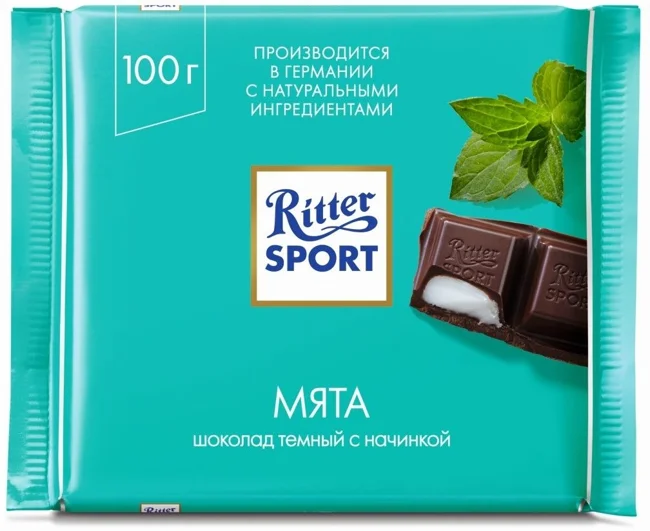
A similar story is with the products of the Ritter Sport company in Germany, despite the fact that the company itself is German, it is prohibited from selling the new line in the country due to the fact that there is no chocolate in it as such, but it consists of 100% cocoa -beans. Thus, not only is the company prohibited from selling a new range of its products due to the fact that it contains no sugar, but it can also receive a fine.
Skittles cannot be found in Norway and Australia 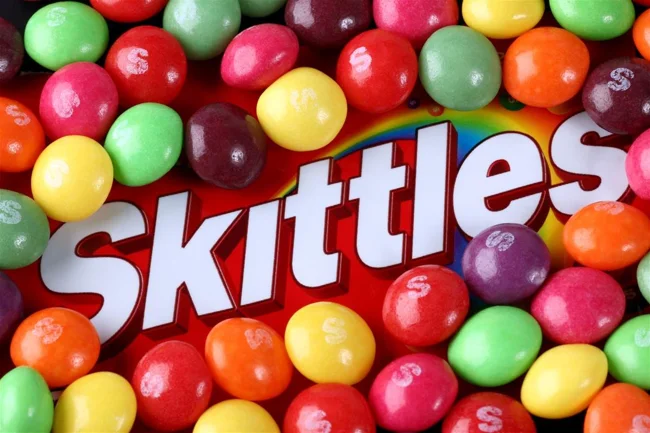
These countries believe that the dyes contained in these pills can harm the human body, so in Norway and Australia children do not know what Skittlestrew is.
M&M's can't be found in Sweden 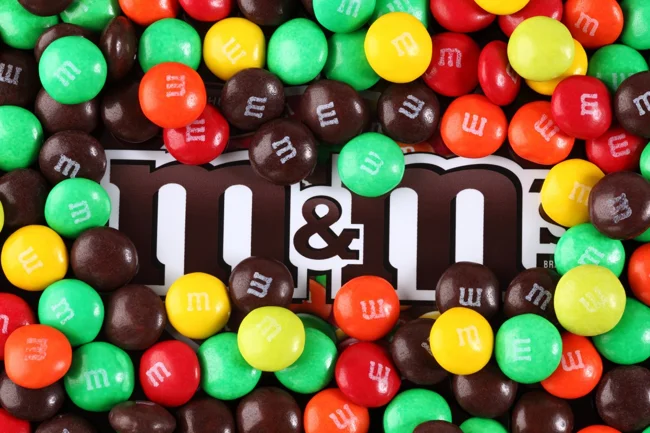
The sale and advertising of this brand's products is not allowed in the country, since its logo is similar to the trademark of a local confectionery factory, known since 1960.
Harmless jelly is a particularly dangerous product in the USA, Australia and Canada 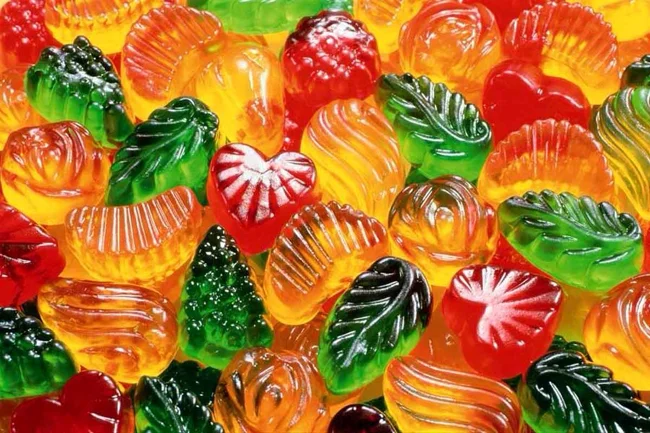
In these countries you are unlikely to be able to find this delicacy, as local authorities believe that small children may choke on the jelly.
If you love Fanta, then you won’t find it in Japan and EU countries 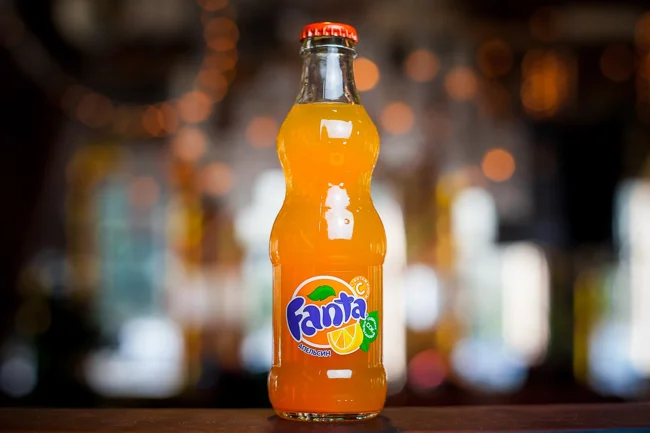
The reason for this is the ban on the sale of citrus-flavored sodas, as they contain BVO dye, which can cause memory loss, fatigue and
Chewing gum in Singapore 
The country has extremely severe penalties for littering; if you throw away chewing gum in the wrong place, you will receive a fine of $500. By the way, you can only get chewing gum in pharmacies with a doctor’s prescription. Such measures are due to the fact that chewing gum was often the reason for train delays due to the fact that the doors could not close properly. Then the authorities took radical measures. Some will say that it is cruel, but on the other hand, Singapore is very clean.
Blackberries, raspberries and other berries 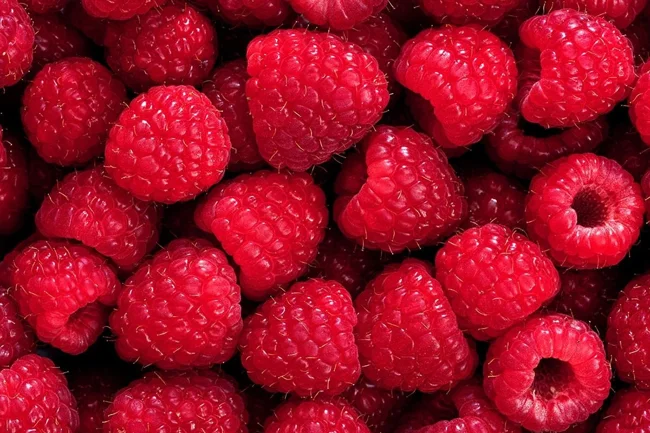
Many of you have probably heard that raspberries can contain bugs or other insects; in Israel, this story has become so widespread that local residents avoid eating berries such as blackberries, raspberries, mulberries and some others, since Eating insects is considered non-kosher. 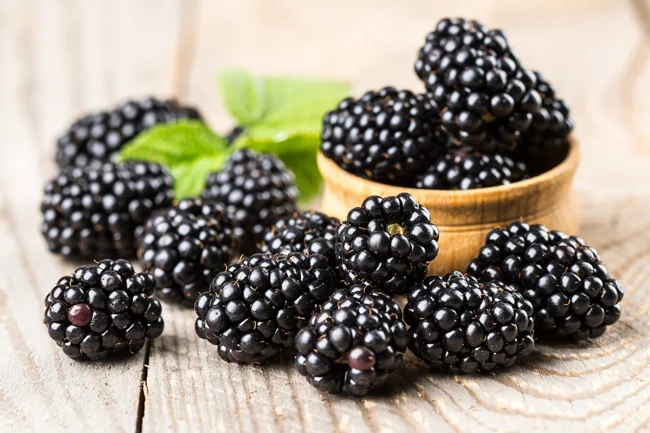
Japan and the European Union against instant potatoes 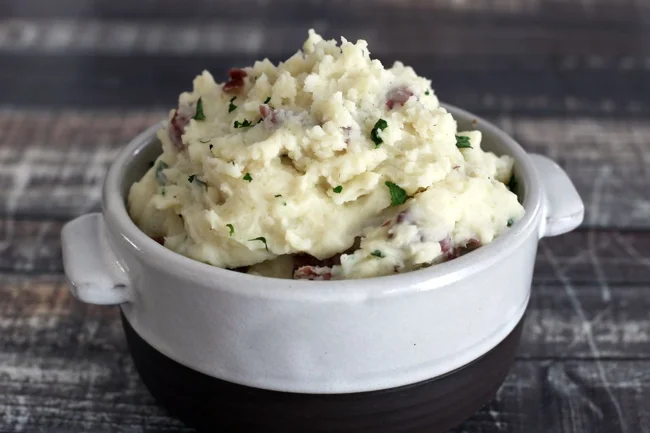
And the point here is not that they don’t like potatoes; the reason for this ban is the fact that butylated hydroxyanisole, which is recognized as harmful in Japan and many EU countries, is added to this semi-finished product.
Garlic 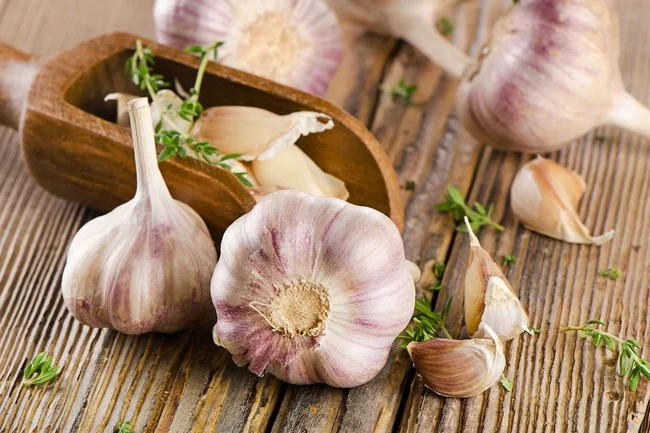
This plant is banned in the palace of the British royal family. There, the smell that depletes the garlic, and with it the onions, is considered bad manners, so you won’t find these products on the royal menu.
Unlike England, garlic is completely prohibited in China, since Buddhists believe that this plant excites carnal passion and is also a toxic product for the body.
Margarine 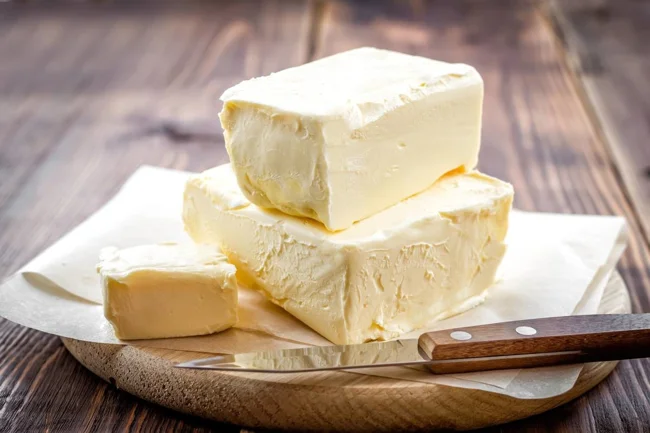
The product, which appears in the majority of baking recipes of housewives in our country, is under the strictest ban in Canada and Denmark. In these states, the sale of products containing trans fats is prohibited due to possible harm to the human body.
Steaks medium rare 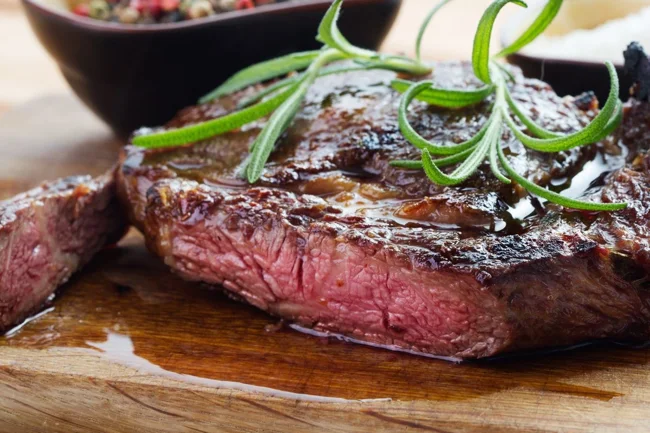
If you ever find yourself in New Zealand, you can't expect to be served rare steak in a restaurant. This is because weakly fried meat can harm visitors, so restaurants decided to abandon this method of preparing this dish.
Cocktail cherry 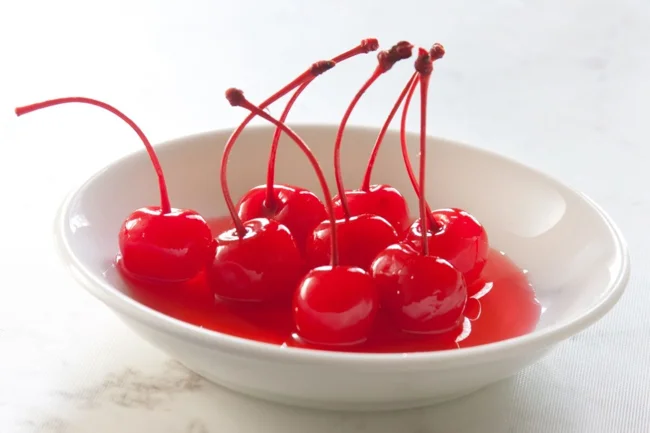
Red Dye 40, the dye found in cocktail cherries, is banned in several countries, including France, Denmark, Belgium and Switzerland. If you like Mai Tai 3 or Long Island, then in these countries they will prepare it for you without cherries.
Stevia 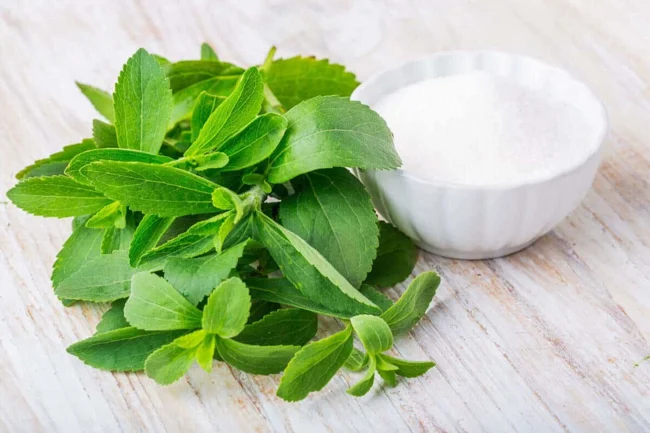
It would seem what harm a natural sweetener can cause. But it turns out that excessive consumption of products containing stevia can lead to male infertility or even cause cancer. Therefore, in many EU countries and the UK, stevia is banned.
Ketchup in France 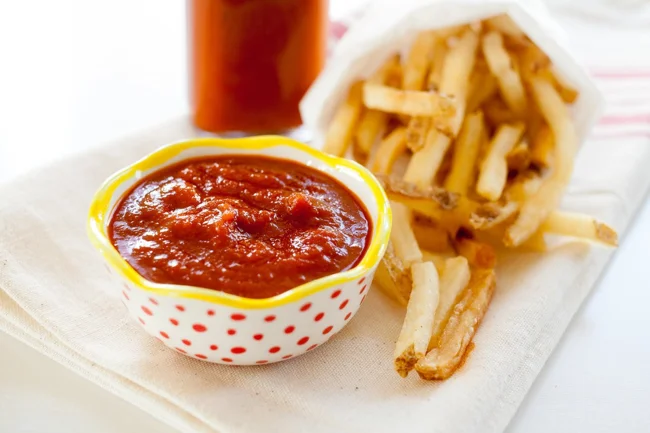
If you want to make an Italian have a fit, then add ketchup to the pasta, but unlike in France, you will only get unkind looks, but in primary schools of the fifth republic it is forbidden to use ketchup, because “it masks the taste of the food.” 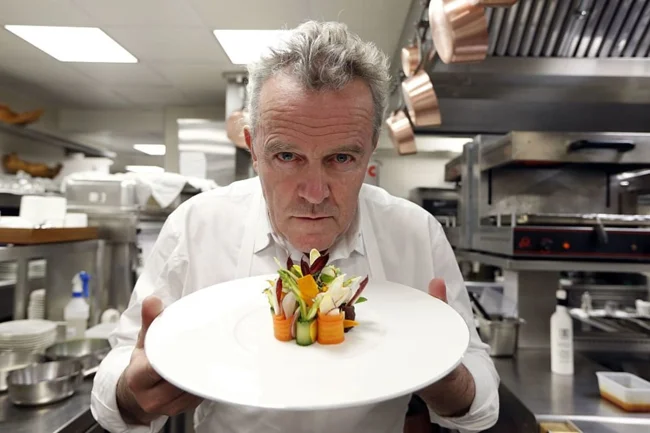
Thus, the French make sure that their children have refined taste from an early age.
Almonds are banned in California 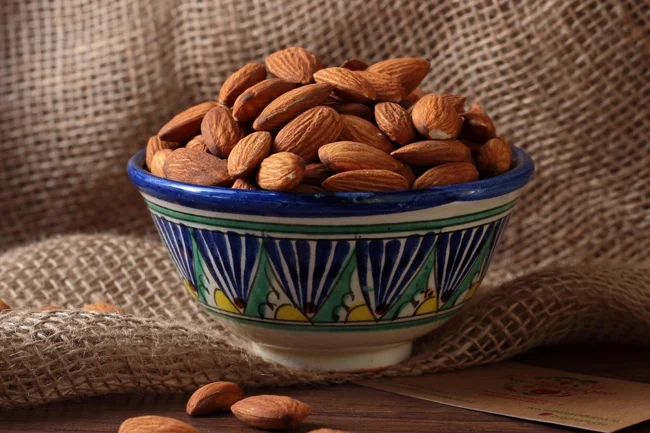
To be precise, almonds cannot be sold raw. This is because scientists have found that raw almonds may cause salmonella.
Well, as a bonus, spices are prohibited in space. You won’t be able to season your dishes, but spice particles can disrupt the operation of your equipment. 
